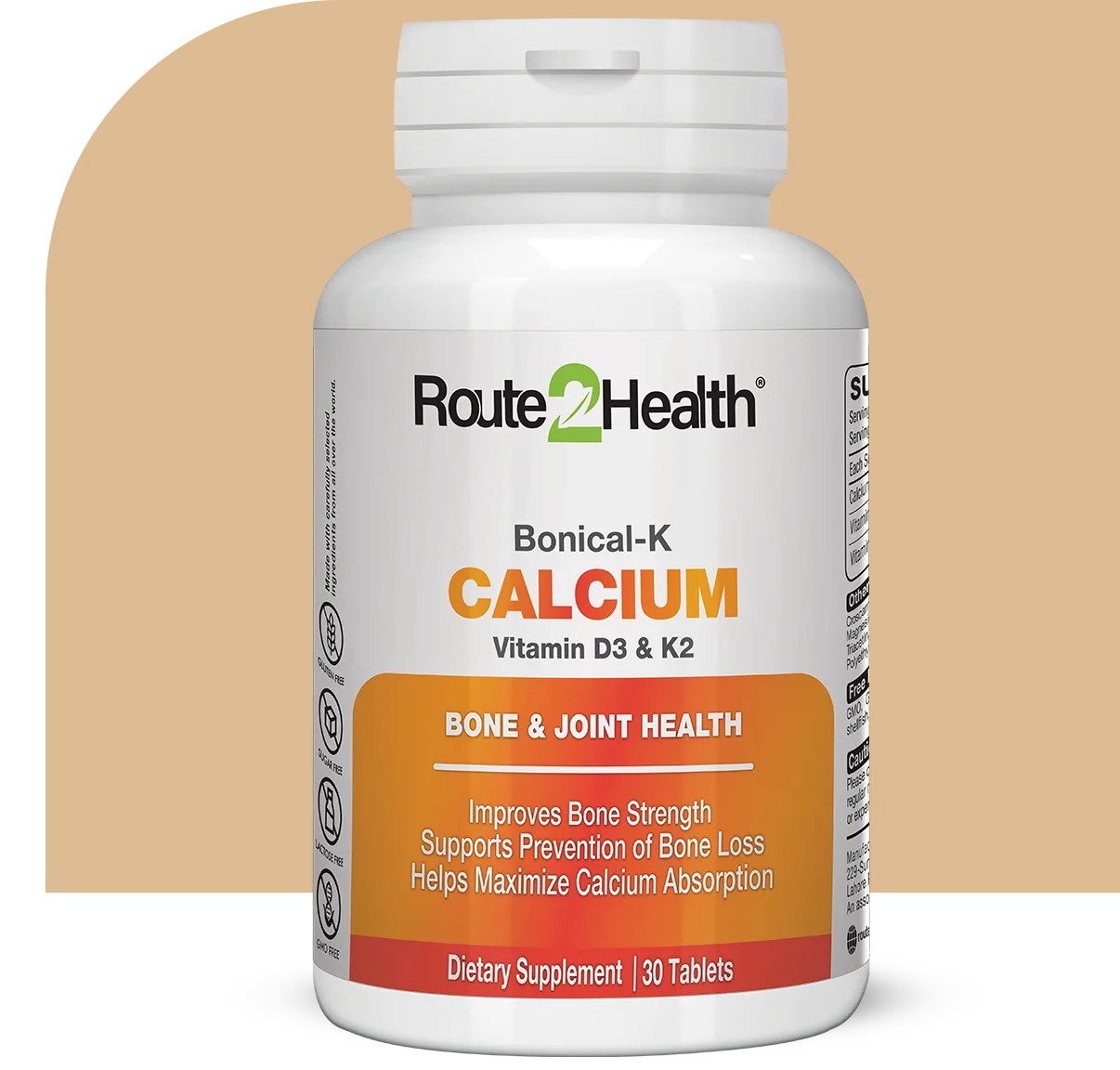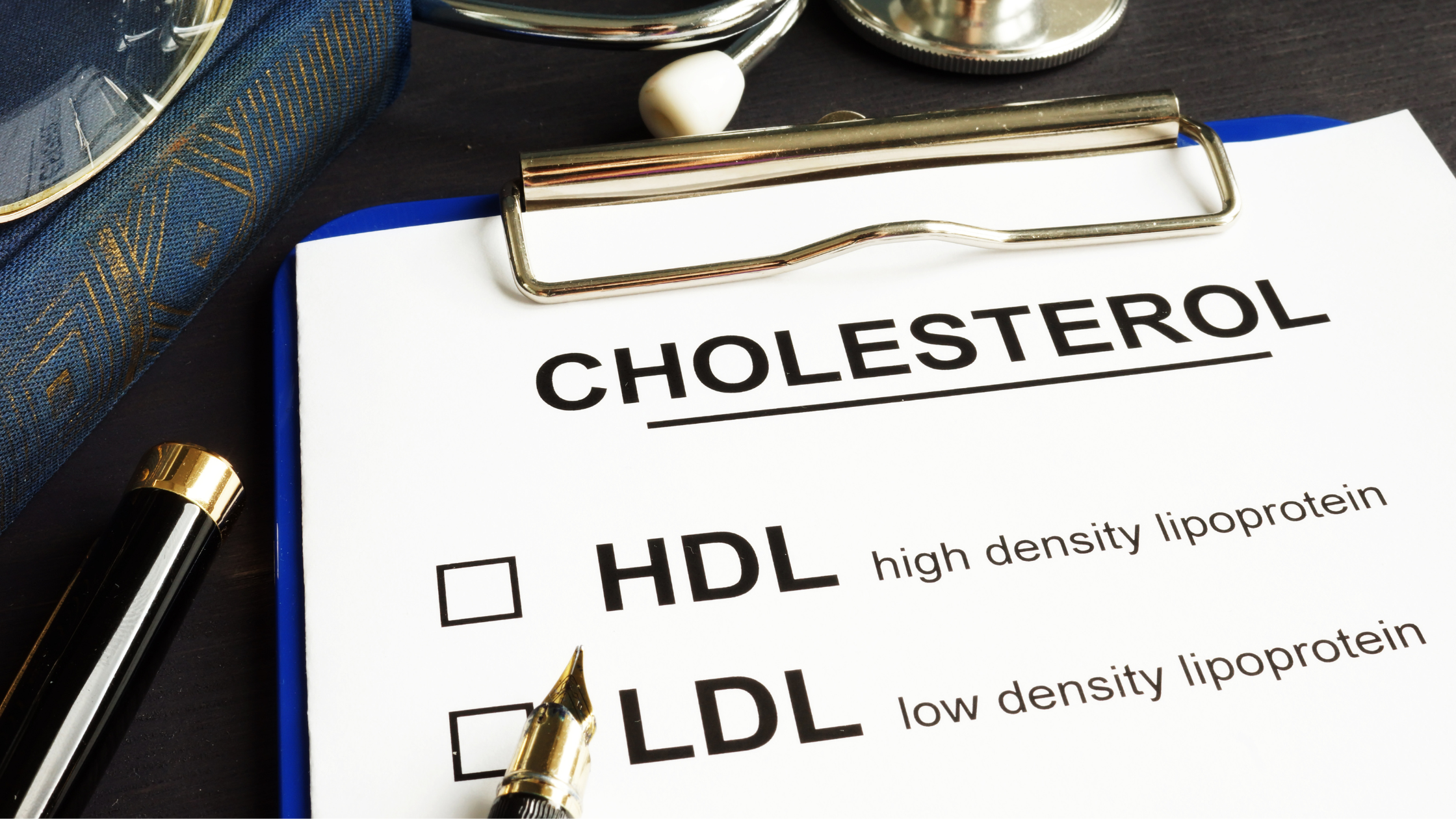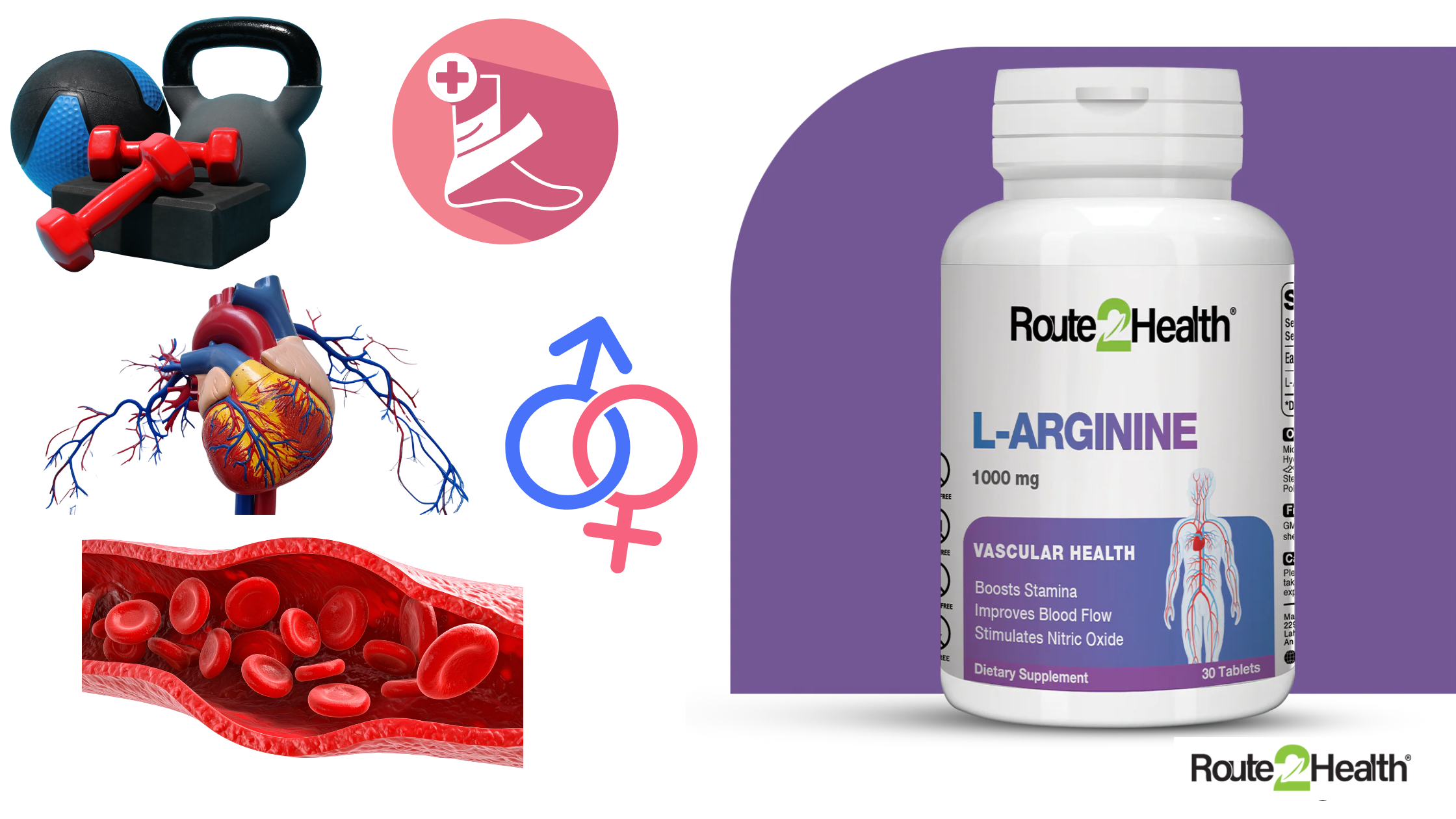
Strong Bones, Stronger You: The Role of Calcium, Vitamin D3 and K2 In Optimising Bone Health
Imagine your bones as the unsung heroes of your body, quietly supporting every dance move, every leap, and every step you take. They're the sturdy framework that holds you upright, yet they rarely get the spotlight they deserve. Imagine your bones as the scaffolding of a skyscraper. Without a strong framework, the entire structure crumbles. Now, think of your body as that skyscraper. Your bones are the foundation, supporting everything from your posture to your mobility. But here’s the twist: unlike steel beams, your bones are alive, constantly remodelling and rebuilding themselves. The secret to keeping them strong? A trio of nutritional superheroes: calcium, vitamin D3, and vitamin K. Let’s dive into how these nutrients work together to build a stronger, healthier you.
Why Bone Health Matters?
Bone health is often overlooked until problems arise, but it’s crucial for overall well-being. Strong bones protect your organs, anchor your muscles, and store essential minerals like calcium and phosphorus. As we age, bone density naturally declines, increasing the risk of fractures and conditions like osteoporosis. According to the International Osteoporosis Foundation, one in three women and one in five men over 50 will experience osteoporotic fractures in their lifetime.
Following are the essential roles your bones play
- Structural Support: Bones provide the framework that supports our bodies and maintains our shape.
- Protection: They safeguard vital organs, such as the brain, heart, and lungs, from injury.
- Movement: In conjunction with muscles, tendons, and ligaments, bones facilitate movement.
- Mineral Storage: Bones act as reservoirs for essential minerals, including calcium and phosphorus, releasing them into the bloodstream as needed.
- Blood Cell Production: The bone marrow produces red and white blood cells, essential for carrying oxygen and immune function.
Maintaining bone health is vital to prevent conditions like osteoporosis, which weakens bones and increases fracture risk. After the age of 35, bone mass naturally begins to decline, making it imperative to support bone health through lifestyle choices.

The Importance of Nutrients for Bone Health
Your bones are dynamic tissues that require a steady supply of nutrients to maintain their strength and structure. While exercise and lifestyle choices play a role, nutrition is the cornerstone of bone health. Key nutrients such as calcium, vitamin D3, and vitamin K2 are essential for bone density and strength. A balanced diet rich in these nutrients helps prevent bone-related disorders and supports overall skeletal integrity.
1. Calcium: The Building Block of Bones
Calcium is the most abundant mineral in your body, with 99% of it stored in your bones and teeth. It provides structural strength and acts as a reservoir for maintaining calcium levels in the blood, which is vital for muscle function, nerve signalling, and blood clotting. Adequate calcium intake is crucial for bone density and helps prevent osteoporosis. When dietary calcium is insufficient, the body leaches calcium from bones, weakening them over time.
How Calcium Works for Bone Health?
Calcium is incorporated into the bone matrix, a dense network of collagen fibres and minerals that give bones their hardness. During bone remodelling—a lifelong process where old bone is broken down, and new bone is formed—calcium is deposited to strengthen the bone structure. Without adequate calcium, bones become porous and brittle, leading to conditions like osteoporosis.
A study published in the Osteoporosis International Journal shows that adequate calcium intake significantly reduces the risk of fractures in older adults. The recommended daily intake for adults is 700-1,000 mg, but many people fall short, especially postmenopausal women who are at higher risk of bone loss.
2. Vitamin D3: Facilitating Calcium Absorption
Vitamin D3, often called the sunshine vitamin, is essential for calcium absorption. Without it, only 10-15% of dietary calcium is absorbed, leaving your bones starved of this critical mineral.
How Vitamin D3 Enhances Bone Health?
Vitamin D3 promotes calcium absorption in the gut and helps regulate calcium and phosphate levels in the blood. Without sufficient vitamin D3, even a calcium-rich diet may not effectively strengthen bones. It also supports bone remodelling by stimulating osteoblasts, the cells responsible for bone formation. Additionally, vitamin D3 reduces the risk of falls by improving muscle strength and balance, particularly in older adults.
A meta-analysis in The New England Journal of Medicine found that vitamin D3 supplementation reduced fracture risk by 20% in individuals with low baseline levels. The NHS recommends 10 mcg (400 IU) of vitamin D daily, especially during winter months when sunlight exposure is limited.
3. Vitamin K2: Directing Calcium to Bones
While calcium and vitamin D3 often steal the spotlight, vitamin K2 plays a critical role in directing calcium to the right places. Without it, calcium can deposit in soft tissues like arteries, leading to calcification and cardiovascular issues.
How Does Vitamin K2 Support Bone Health?
Vitamin K2 activates proteins that help bind calcium to the bone matrix, ensuring calcium is deposited in bones rather than soft tissues like arteries. This process not only strengthens bones but also supports cardiovascular health by preventing arterial calcification.
A study in Osteoporosis International found that vitamin K2 supplementation improved bone mineral density and reduced fracture risk in postmenopausal women. The optimal intake of vitamin K2 is still under research, but doses of 45-180 mcg daily are commonly recommended.
The Synergistic Effect of Calcium, Vitamin D3, and K2
Combining calcium with vitamins D3 and K2 creates a synergistic effect that optimises bone health. Vitamin D3 enhances calcium absorption, while vitamin K2 directs calcium to the bones and prevents its deposition in arteries. This combination has been shown to improve bone mineral density and reduce fracture risk.
Conclusion
Your bones are the foundation of your health, and investing in their strength pays dividends for life. By ensuring adequate intake of calcium, vitamin D3, and vitamin K2, you can optimise your bone health and reduce the risk of fractures and osteoporosis.
For a convenient and effective way to support your bones, try Bonical-K by Route2Health. This advanced formula combines calcium, vitamin D3, and vitamin K2 in the right proportions to promote bone density and overall health. Don’t wait until it’s too late—start building stronger bones today!
FAQs
1. Why is bone health important?
Bone health is crucial for structural support, protection of vital organs, movement, mineral storage, and blood cell production.
2. How does calcium benefit bones?
Calcium provides structural strength to bones and is essential for maintaining bone density.
3. What role does vitamin D3 play in bone health?
Vitamin D3 facilitates the absorption of calcium from the digestive tract into the bloodstream, supporting bone strength.
4. How does vitamin K2 contribute to bone health?
Vitamin K2 activates proteins that bind calcium to the bone matrix, ensuring proper calcium deposition in bones.
5. What is Bonical-K?
Bonical-K is a supplement by Route2Health that combines calcium, vitamin D3, and vitamin K2 to support bone health.























































